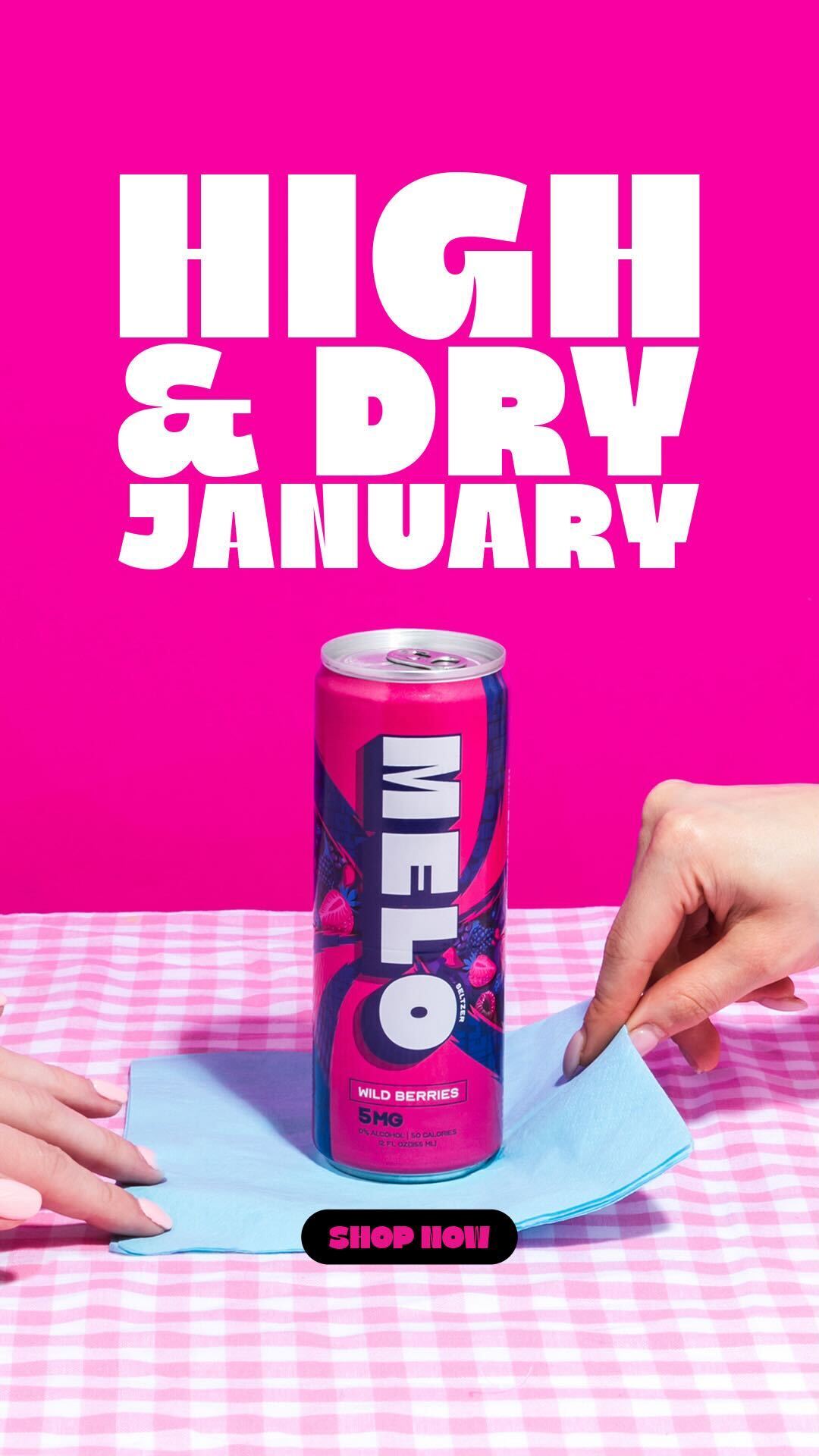The Science Behind THC and Cognitive Function
Tetrahydrocannabinol, more commonly known as THC, is the primary psychoactive compound found in cannabis. It interacts with the endocannabinoid system, a complex network of receptors throughout the brain and body, influencing various cognitive functions. Understanding how THC impacts processes like attention, memory, and creativity is crucial to exploring its potential benefits and risks, especially in the context of beverages designed to enhance cognitive performance.
THC’s Interaction with the Brain
Tetrahydrocannabinol, more commonly known as THC, is the primary psychoactive compound found in cannabis. It interacts with the endocannabinoid system, a complex network of receptors throughout the brain and body, influencing various cognitive functions. Understanding how THC impacts processes like attention, memory, and creativity is crucial to exploring its potential benefits and risks, especially in the context of beverages designed to enhance cognitive performance.
THC’s interaction with the brain is multifaceted and can lead to both positive and negative effects on cognition:
- Attention: THC can initially enhance focus by blocking certain neurotransmitters, leading to a feeling of heightened alertness. However, prolonged use may impair sustained attention and increase distractibility.
- Memory: THC disrupts the formation of new memories by affecting hippocampal activity, a brain region crucial for memory consolidation. Short-term recall can also be affected.
- Creativity: Some users report increased creativity after consuming THC, potentially due to its influence on divergent thinking and loosening of inhibitions.
CB1 Receptors and Cognitive Processes
THC exerts its effects by binding to CB1 receptors, which are abundantly distributed in brain regions associated with cognitive functions. These receptors are part of the endocannabinoid system, a complex neurotransmitter network that regulates various physiological processes, including mood, appetite, and pain perception.
The CB1 receptor’s involvement in cognitive processes is significant because its activation by THC can modulate neuronal communication in areas responsible for attention, memory, and executive function. For instance, THC binding to CB1 receptors in the prefrontal cortex, a brain area involved in planning and decision-making, may contribute to changes in cognitive performance.
Potential Benefits for Creativity and Focus
While known for its psychoactive effects, THC’s impact on creativity and focus is complex and multifaceted. Some individuals report experiencing heightened creativity and improved concentration after consuming THC, potentially due to its influence on brain regions associated with divergent thinking and attentional processes. However, the long-term effects of THC on cognitive function are still under investigation and may vary depending on factors such as dosage, frequency of use, and individual susceptibility.
Enhanced Imagination and Idea Generation
THC’s interaction with the brain can lead to both enhanced and impaired cognitive function. Some individuals report experiencing increased creativity after consuming THC, possibly due to its influence on divergent thinking and a loosening of inhibitions. This altered state of consciousness may allow for new connections and ideas to emerge.
Additionally, THC’s initial ability to enhance focus by blocking certain neurotransmitters could potentially lead to periods of heightened concentration. However, it is important to note that prolonged or excessive THC use can negatively impact sustained attention and memory, ultimately hindering creative processes.
Improved Attention Span and Concentration
THC’s impact on focus and creativity stems from its interaction with the brain’s CB1 receptors. These receptors are concentrated in areas responsible for cognitive functions like attention, memory, and executive function. By binding to these receptors, THC can alter neuronal communication and potentially lead to shifts in how we process information.
Some users report experiencing a boost in creativity after consuming THC, possibly because it encourages divergent thinking and reduces self-consciousness. This can free up the mind to explore new ideas and make unusual connections. Additionally, THC’s initial ability to enhance focus by suppressing certain neurotransmitters could provide a window of heightened concentration, beneficial for tasks requiring intense mental effort.
However, it’s important to remember that these effects are not guaranteed and can vary greatly from person to person. Furthermore, long-term or excessive THC use can negatively impact cognitive function, leading to difficulties with attention, memory, and overall concentration.
Risks and Considerations

While THC is often associated with its psychoactive effects, its influence on creativity and focus is complex and warrants careful consideration.
Impaired Short-Term Memory

Impaired short-term memory is a significant risk associated with THC consumption. THC disrupts the hippocampus, a brain region crucial for memory consolidation. This disruption can lead to difficulties forming new memories and recalling recent events.
Additionally, THC’s impact on attention can compound memory problems. When focus is impaired, it becomes harder to encode information effectively in the first place, further exacerbating memory issues.
Potential for Anxiety and Paranoia
One of the main considerations when exploring THC’s potential for cognitive enhancement is its impact on mental health. THC can trigger anxiety and paranoia, especially in individuals predisposed to these conditions. The psychoactive effects of THC can heighten emotional responses, leading to feelings of unease, worry, or even fear.
Furthermore, THC’s interaction with the brain can disrupt normal cognitive processes, potentially contributing to feelings of confusion, disorientation, and difficulty concentrating. These cognitive impairments can further exacerbate anxiety by making it harder to manage thoughts and emotions effectively.
Dosage and Individual Variability
Dosage plays a crucial role in determining the effects of THC on creativity and focus. Lower doses may enhance attention and promote creative thinking, while higher doses can lead to cognitive impairment, including memory problems and difficulty concentrating.
Individual variability is another important factor. People respond differently to THC due to genetic predispositions, tolerance levels, and psychological factors. What enhances creativity for one person may have a negative impact on another.
It’s essential to start with low doses of THC and gradually increase them as needed, carefully observing the effects on cognitive function and overall well-being.
Practical Tips for Using THC to Enhance Cognitive Function
Tetrahydrocannabinol (THC), the primary psychoactive compound in cannabis, has garnered attention for its potential to influence cognitive function. While commonly associated with altered states of consciousness, THC’s impact on creativity and focus is a complex area of research, with both promising benefits and potential risks.
Finding the Right Strain and Dosage
Finding the right strain and dosage is essential for maximizing potential cognitive benefits while minimizing negative effects. Indica strains are often associated with relaxation and sedative effects, potentially hindering focus. Sativa strains, on the other hand, may promote alertness and creativity. Hybrid strains, combining characteristics of both Indica and Sativa, can offer a balanced effect.
Start with a low dose of THC and gradually increase it as needed, paying close attention to how it affects your cognitive performance. Remember, individual responses to THC vary widely, so finding the right dosage is a personal process.
Consult with a healthcare professional for personalized guidance on THC use and its potential impact on your cognitive function, especially if you have pre-existing medical conditions or are taking medications.
Timing Your Consumption
Timing your THC consumption can significantly influence its effects on creativity and focus.
Consider consuming THC earlier in the day to maximize its potential benefits for creative tasks or projects that require sustained attention. This allows time for the initial effects to wear off before needing to engage in activities requiring precise memory recall or complex decision-making.
Avoid consuming THC late in the evening as it can interfere with sleep patterns and potentially disrupt cognitive function the following day.
Creating a Conducive Environment
To maximize the potential cognitive benefits of THC, create an environment that supports focus and creativity. Minimize distractions by finding a quiet space free from noise and interruptions.
Engage in activities that promote relaxation and mindfulness, such as deep breathing exercises or meditation, to enhance your receptivity to THC’s effects.

Ensure you are adequately hydrated by drinking plenty of water throughout the day, as dehydration can impair cognitive function.
Consider listening to calming music or nature sounds to create a soothing atmosphere that fosters creativity and focus.
Legal and Ethical Considerations
The increasing popularity of THC-infused beverages raises important legal and ethical considerations. While some tout potential cognitive benefits, the long-term effects of THC on brain function are still being investigated. Furthermore, the legality of THC varies widely, with strict regulations in many areas. It is crucial to consider both the potential risks and rewards associated with consuming THC, ensuring responsible use and adherence to all applicable laws.
Legality of THC Drinks Varies by Location
The legality of THC drinks varies by location. In some places, they may be legal for recreational or medicinal use, while in others they are strictly prohibited.
It is essential to understand the specific laws and regulations regarding THC in your area before consuming any THC-infused products.
Responsible Use and Potential Risks
Legal and ethical considerations surrounding THC drinks include:
- Legality: THC’s legal status varies greatly by location, with some places allowing recreational or medicinal use while others prohibit it entirely.
- Regulation: In areas where THC is legal, there may be strict regulations governing its production, sale, and consumption, such as potency limits and labeling requirements.
- Public Health Concerns: There are concerns about the potential for THC to be addictive and impair cognitive function, particularly in young people.
- Marketing and Advertising: The marketing of THC drinks, especially those targeting youth or vulnerable populations, raises ethical questions about responsible advertising practices.
Responsible use of THC drinks involves:
- Knowing the Law: Consumers must be aware of the legal status and regulations surrounding THC in their area.
- Starting Low and Going Slow: Begin with a low dose and gradually increase it to assess tolerance and effects.
- Avoiding Mixing with Alcohol or Other Substances: Combining THC with alcohol or other drugs can amplify negative effects and increase the risk of accidents or overdose.
- Using in Safe Settings: Consume THC drinks in a safe, controlled environment where potential impairment can be managed.
Potential risks associated with THC drinks include:
- Cognitive Impairment: THC can impair short-term memory, attention, and decision-making, potentially affecting work or school performance.
- Mental Health Effects: THC can trigger anxiety, paranoia, and psychosis in some individuals, especially those with pre-existing mental health conditions.
- Addiction: Regular use of THC can lead to dependence and addiction, making it difficult to stop even when desired.
- Cardiovascular Issues: THC can increase heart rate and blood pressure, which may pose risks for individuals with cardiovascular problems.
Buy cannabis sparkling water for relaxation
- Radiesse Liquid Facelift Near Elstead, Surrey - May 9, 2025
- Baby Botox In Virginia Water, Surrey - May 9, 2025
- Can THC Drinks Boost Your Creativity And Focus? - May 9, 2025
